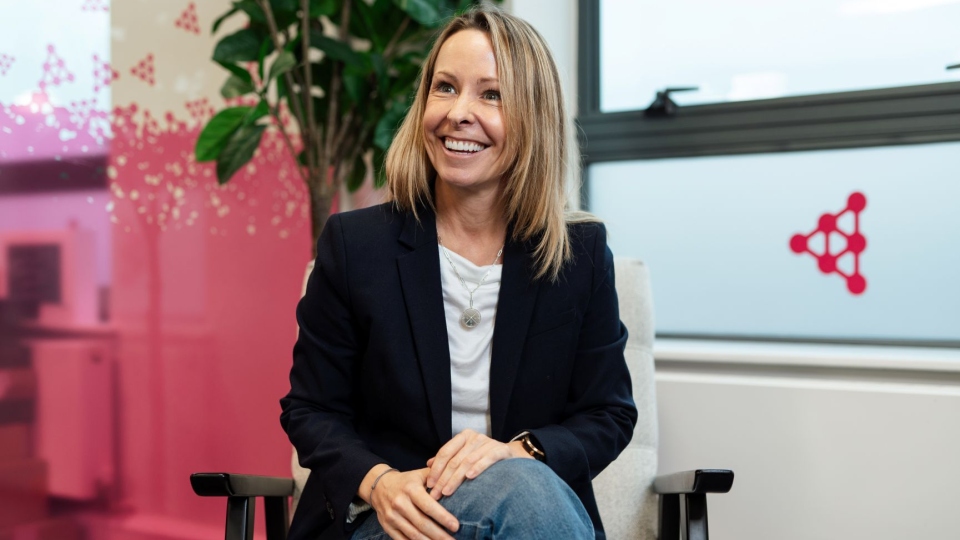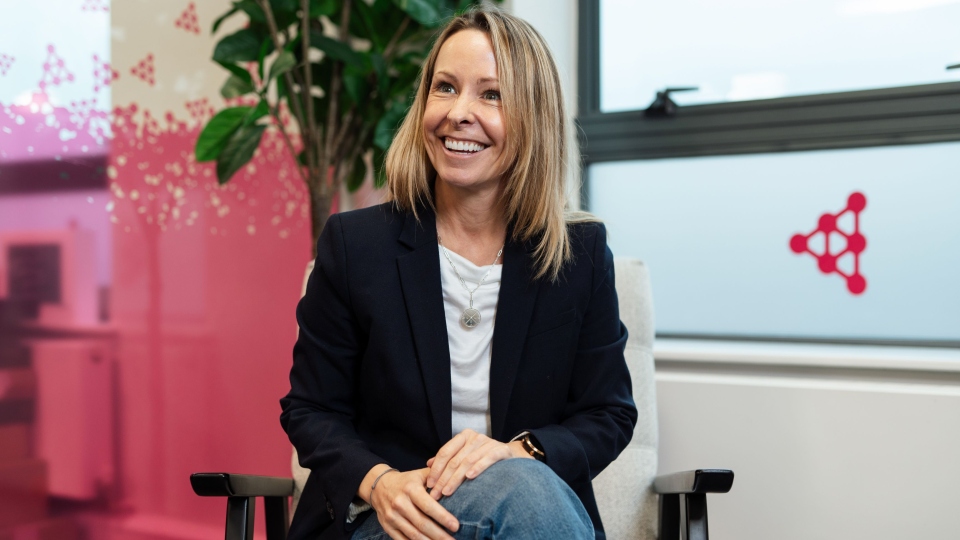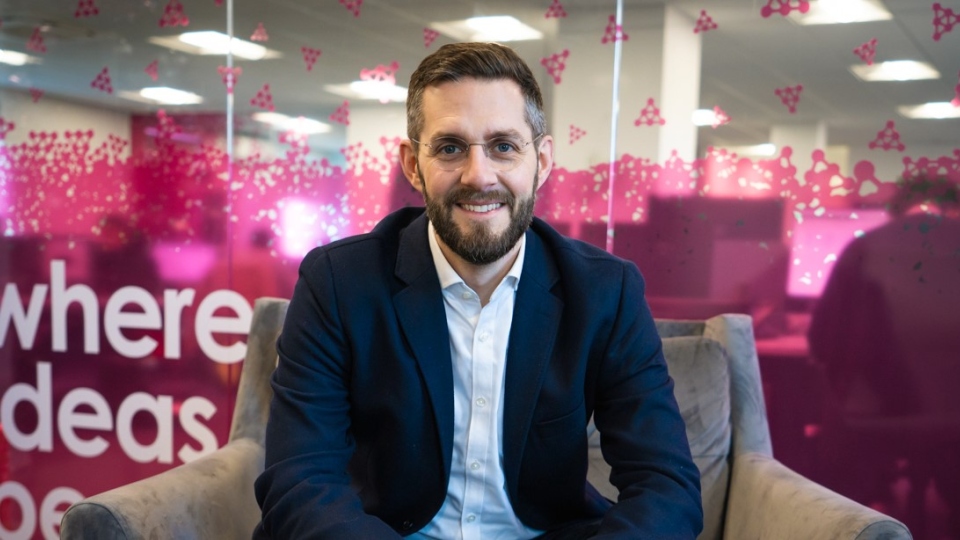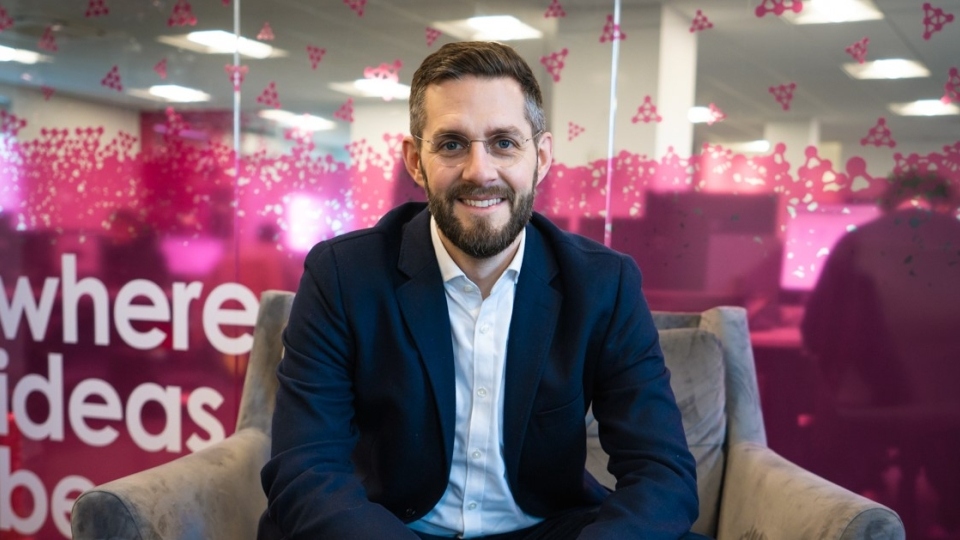
As cybersecurity becomes ever more complex and critical, distribution models are also evolving. IT Europa sits down with Hayley Roberts, CEO and Founder of Distology, to discuss the company’s 10-year journey, its newly launched tech strategy, and how it continues to differentiate in a highly consolidated market.
Distology at a Glance:
Founded in 2014 and headquartered in the UK, Distology is a value-added distributor specialising in cybersecurity and identity-based solutions. With regional offices in the Benelux and Germany—and plans to expand further into the Nordics—the company has built a reputation for strong technical support, go-to-market execution, and a people-first culture. While UK-based, Distology has been growing its European presence since 2018. It operates a profitable Benelux office in Utrecht and acquired a business in Berlin three years ago to establish a German base. Both offices support local commercial and engineering efforts. As Distology enters its second decade, it’s leaning into a more strategic, specialised role—one that embraces growth, but not at the expense of value. With a clear focus on cybersecurity and a consultative, high-touch approach to distribution, the company is carving out a space where quality still trumps quantity.
Distology turns 10 this year. What’s changed the most about the business since you launched?
In the early days, we said yes to everything. Like many startups, we focused on survival—listing any vendor we could, building relationships, and offering top-tier customer service to stand out. We didn’t have a structured tech strategy. But that’s changed. Today, we’re still in growth mode, but it’s far more considered.
We’ve just launched our first formal tech strategy, built around four defined security pillars: workplace security, product security, operational technology (OT) security, and security operations. This strategy helps us better assess which vendors make sense for us—and for our partners—ensuring we offer non-competing, complementary solutions. That’s a big evolution from where we started, and it’s been driven by the need to scale responsibly without compromising quality.
What prompted you to formalise the tech strategy now?
The volume of vendor approaches has grown significantly. That's a great position to be in, but it creates risk if you onboard without alignment. To scale the level of service and enablement that Distology is known for, we needed a framework. So we worked with external experts to map out the market and design a taxonomy of where different technologies fit—and where we can add the most value.
We also introduced internal vendor tiering: ‘Develop’, ‘Accelerate’, and ‘Scale’. Each tier reflects the maturity of the partnership and the resources we jointly invest. In the past, we’d throw everything at a vendor from day one, which was high-risk. Now, vendors have to meet certain criteria to move up the tiers. It’s a much healthier, more balanced model.
How does Distology view the rise of marketplace platforms? Are they complementary or a threat to traditional distribution?
I believe there’s plenty of room for both. Marketplaces are great for commoditised solutions and rapid transactions. But our customer base—mid-sized to enterprise partners working in complex environments—needs more than that. They need consultation, integration support, and sometimes help with storytelling for end-users. Security isn’t a “buy now, deploy later” product; it’s a journey.
That said, we are looking at how to automate more of our processes to better serve MSPs, particularly in the lower mid-market. But our sweet spot remains high-touch, solution-led selling—something platforms can’t replace.
Has SaaS shifted how vendors perceive distributors? Are you seeing more or less reliance?
Roberts: It depends on how you define SaaS. Many vendors we work with operate on annual subscription models, not pure monthly billing. So there’s still a big need for enablement and channel development, which is where we shine.
Interestingly, we’re seeing more vendors approach us proactively, sometimes even before they have UK operations, because they recognise they need a strong partner to scale. They want to lean on our relationships and expertise. So no, we’re not seeing a decline—if anything, demand for good distribution is growing. Vendors want outcomes, and we offer the expertise to deliver them.
The industry is consolidating fast. How can a smaller distributor like Distology compete with the giants?
By being agile, focused, and excellent at what we do. Big distributors promote global scale, but they can’t offer the level of engagement we provide. We know our vendors and partners inside-out. That matters.
We’ve also launched innovative services like SDR-as-a-Service—end-user lead generation and reactivation campaigns that most large disties walked away from after GDPR. We’ve built our sales structure to support vendors, partners, and end-users directly, which makes us incredibly responsive. It's about building value across the chain—not just passing boxes.
We’re also proud to be profitable in every region we operate in, including Germany and the Benelux. That gives us confidence to continue investing where it matters most.
What’s your take on exclusivity in vendor agreements? Is it still relevant?
Not really. We don’t chase exclusive deals. Most contracts are annual, so “exclusive” doesn't offer the protection it once did. What's more important is alignment—values, market fit, shared investment. That’s how we build long-term success.
What are the big shifts or challenges you're preparing for over the next 12–18 months?
We're constantly scanning the market for real-world problems that haven't been solved well. Ransomware is still rampant, and that’s where newer vendors like Halcyon are gaining traction. Email security remains a core battleground too—products like Abnormal and Lime are still seeing huge growth.
We’re also watching how AI and automation affect cybersecurity. But our approach is to focus on persistent issues—ones that won’t disappear with the next buzzword cycle. Passwordless access, user education, ransomware resilience… these are still very real challenges, and we want to offer long-term, practical solutions.
Finally, what’s your view on the constant drive toward MSPs in the channel? Is it hype, or is it happening?
It’s real, but it's nuanced. Everyone says “MSPs are the future,” and there’s truth to that. Managed services are growing, and many resellers are pivoting to offer them. But the reality is, resale is still a huge revenue driver for most partners. And many MSPs are still VARs at heart—just with a few services wrapped in.
That said, we are seeing increasing demand for solutions that support managed services. We're adapting to support those models, but we’re not abandoning our traditional reseller base. It’s about balance.



